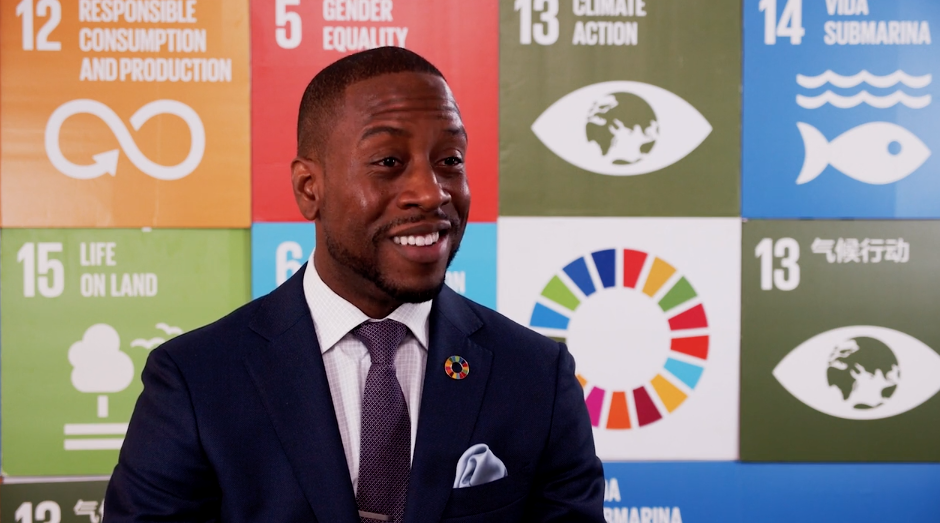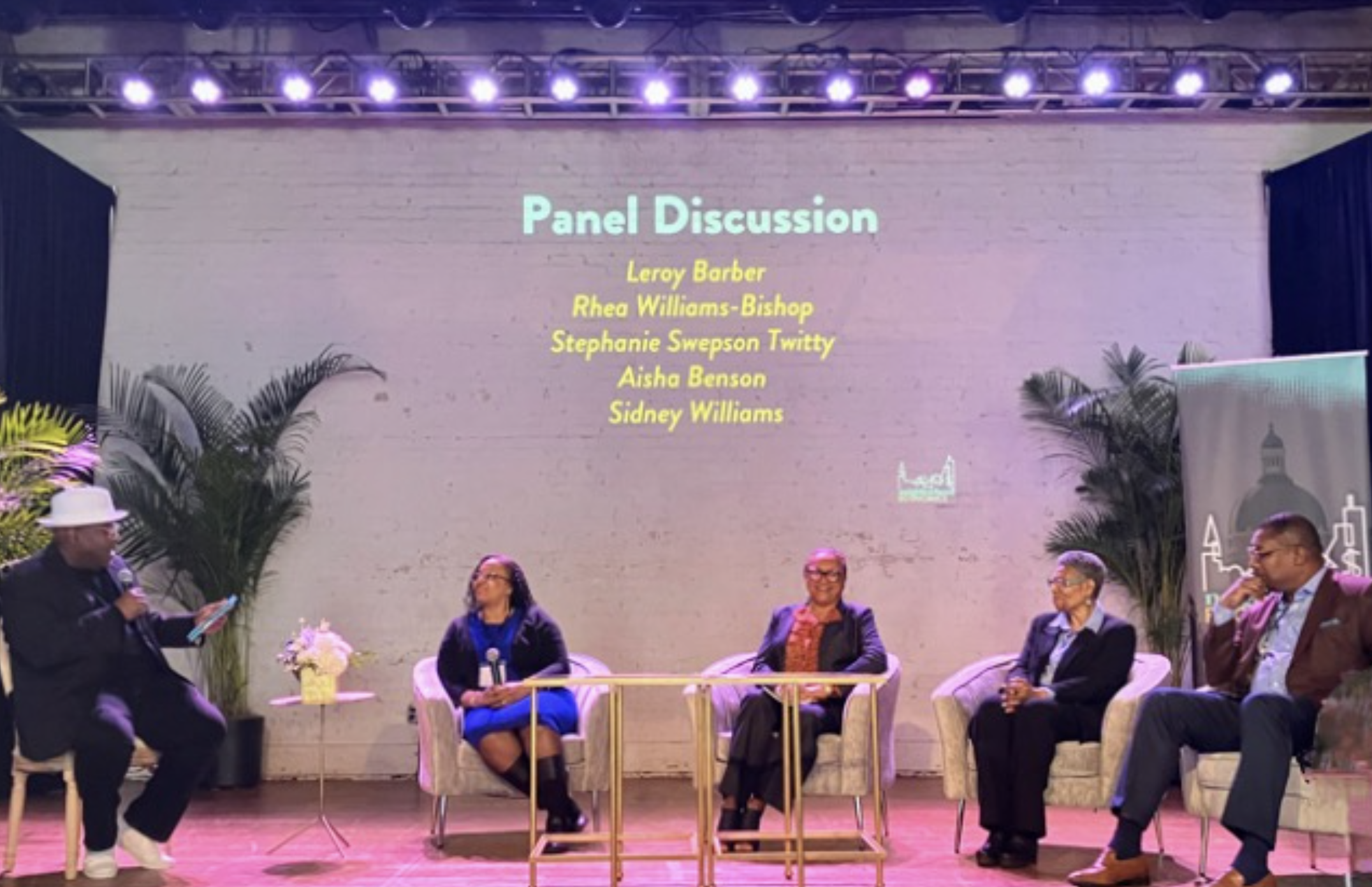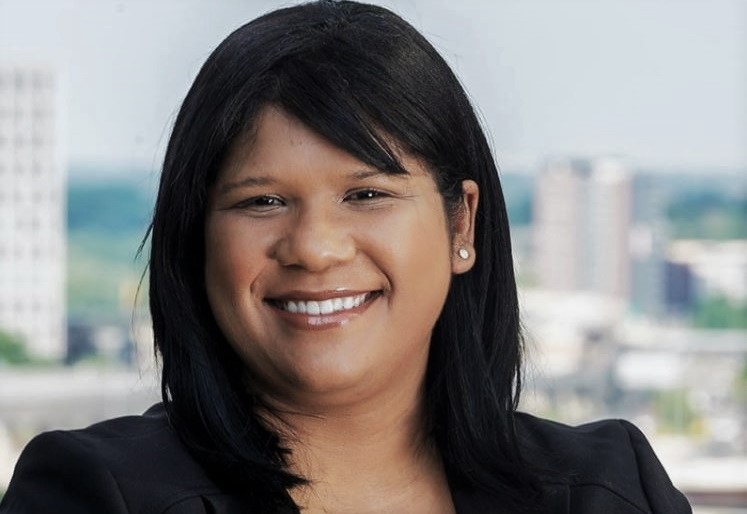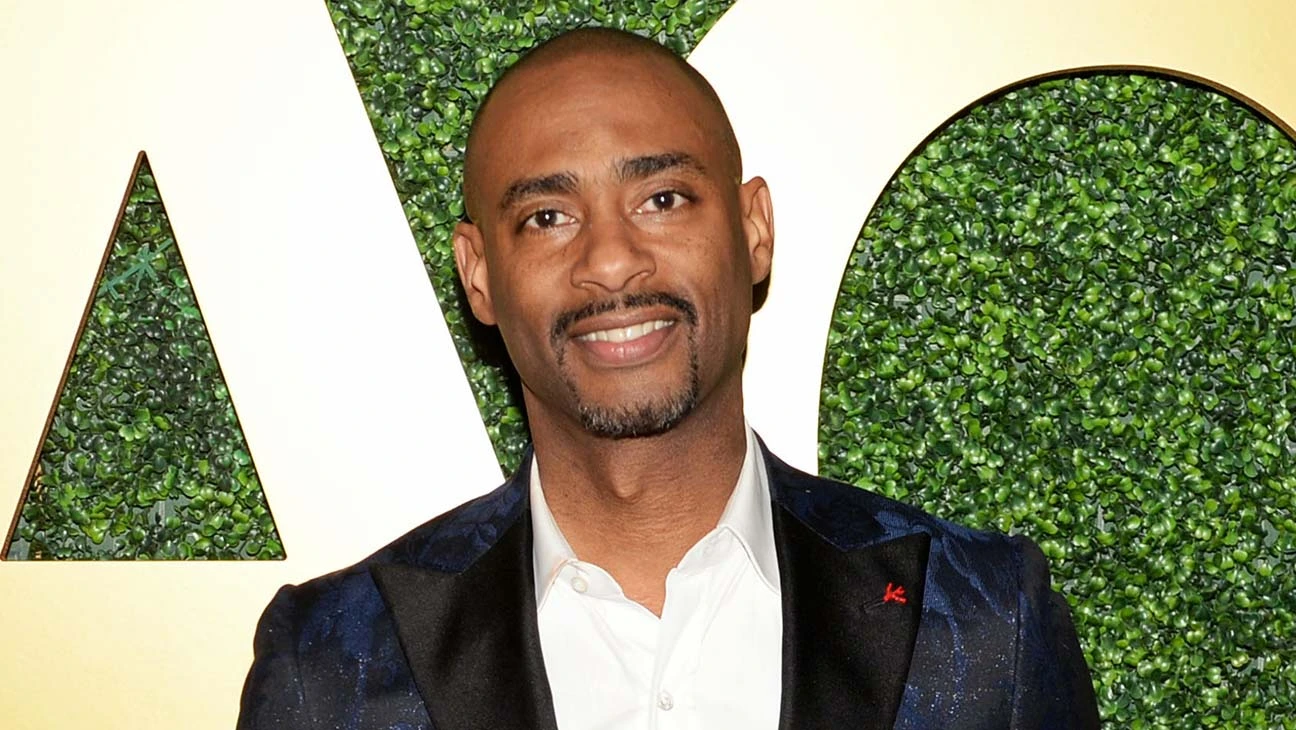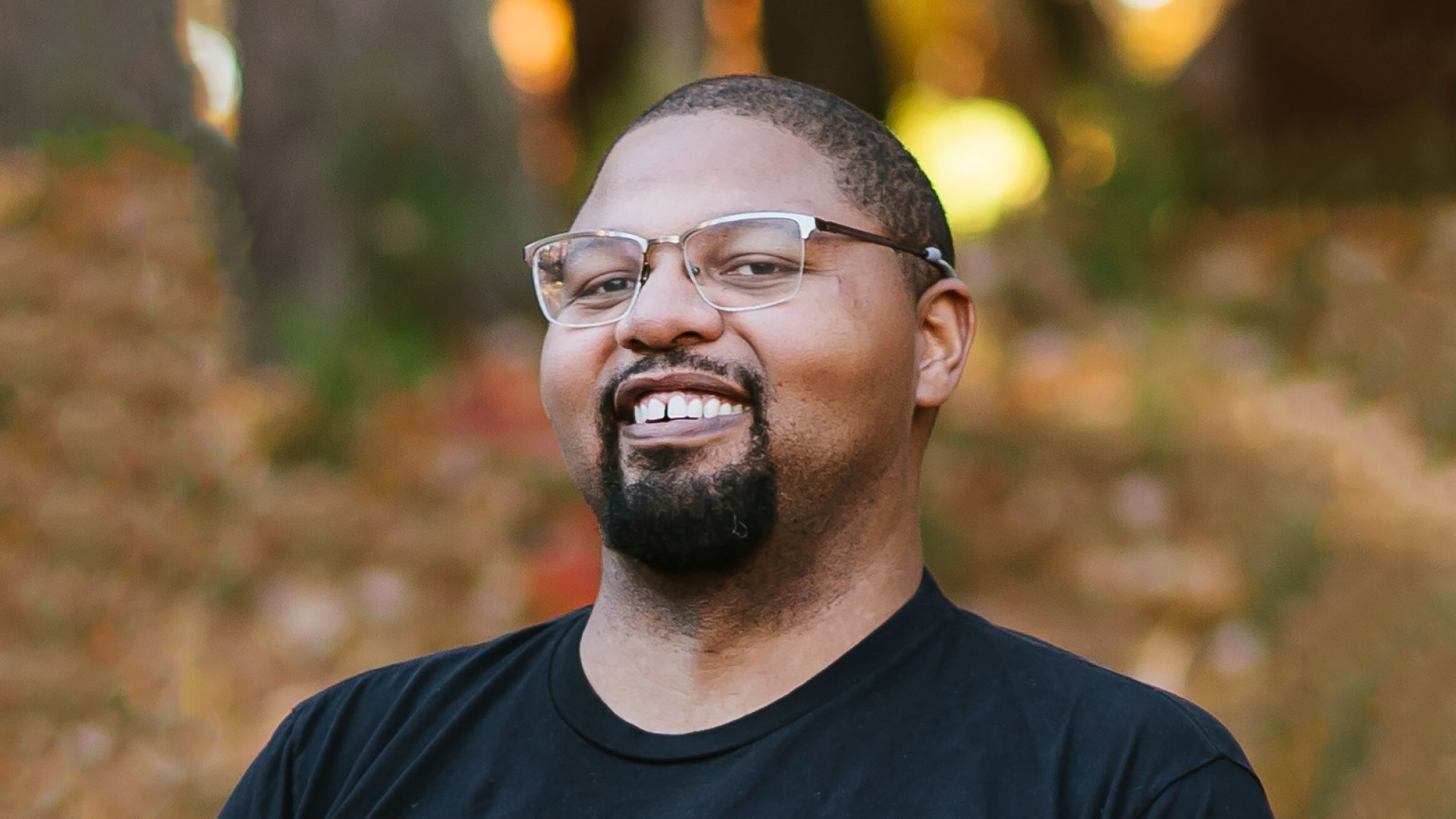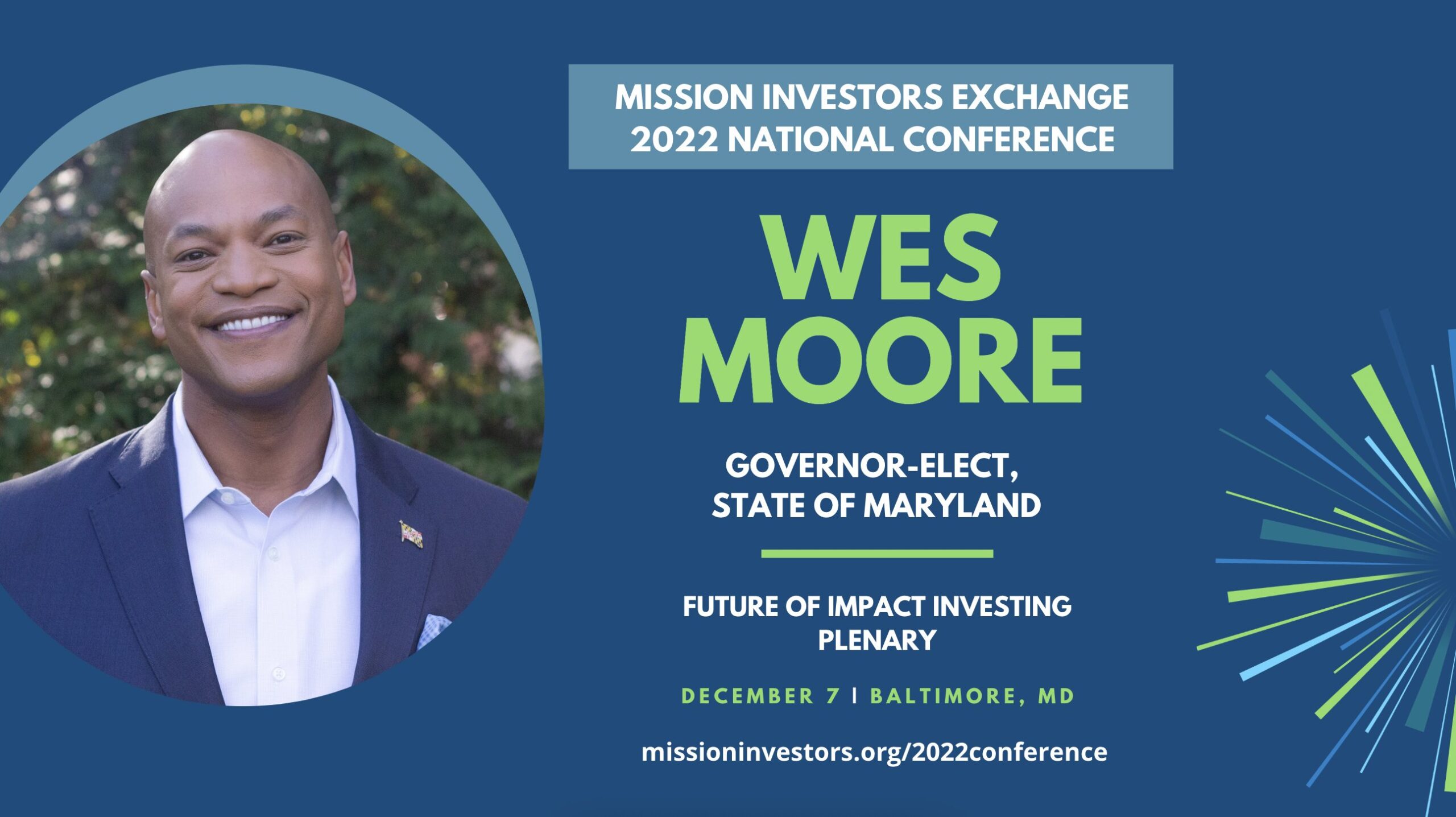ImpactAlpha, Sept 20 – Infrastructure is highways and bridges. And hospitals and airports; broadband, clean water, plumbing and electricity.
And it all needs an overhaul, not only to reduce greenhouse gas emissions but to increase resilience to weather-related disasters and rising waters and prepare communities for climate change.
Investors in climate solutions face a generational opportunity to create wealth and value, says Stephan Nicoleau, partner at FullCycle Climate Partners, a L.A.-based investment firm that aims to speed deployment of near-term climate solutions.
That generational opportunity begins by transforming or replacing polluting industries that have long been hurting workers and communities while also destroying the environment.
Nicoleau joins The Reconstruction podcast to discuss the intersection of infrastructure and climate justice as private and public investment in climate solutions ramp up.
There’s more to the climate-smart transition than net-zero pledges.
“There’s a more urgent and more immediate responsibility to repair the harm done to communities that are impacted by your operations,” Nicoleau says, “to go into the Gulf and to repair for the release of chemicals and the off-run of fertilizers and the creation of dead zones that are harming the livelihoods of people who rely on marine ecosystems to survive.”
“There’s a responsibility now to redress and make sure that we can account for the harm done,” he says. Our legacy infrastructure “is emitting too much carbon dioxide and its equivalents into the atmosphere, warming our environment, polluting our environments locally, and not serving us anymore.”
Just transition
All eyes are on the $3.5 trillion infrastructure and budget bills in the U.S., as congressional leaders press toward late September votes. If Democrats succeed in passing the ambitious proposal, 2021 may mark the real beginning of a full-scale climate mobilization in the U.S.
“The question becomes: who gets to participate in that great transition?” Nicoleau says.
To build a better way forward, climate justice advocates, labor unions and community leaders have developed a Just Transition framework and roadmap centering justice alongside a necessary transition to a regenerative economy. The Just Transition is as much about the path forward as it is about taking responsibility for repairing past and present harm to people disproportionately targeted by pollution and who will bear the worst consequences of climate change.
The extent to which “the oil and gas industry hid its knowledge of the science and its knowledge of its role played in an escalating and destabilizing climate crisis,” has only recently become clear, Nicoleau says. Parties bear different responsibilities for the crisis. “And not all parties, therefore, have the same role to play in how we build forward in a more progressive and equitable manner.”
Climate investors like FullCycle are mobilizing to move private capital to slipstream on the public investments, as public policy steers toward the green economy. FullCycle invests growth-equity capital in market-ready climate infrastructure with potential to abate one gigaton or more of CO2 equivalent.
Full Cycle has a specific focus on short-lived climate pollutants, or SLCPs, like black carbon, methane, nitrous oxide, and hydrofluorocarbons, which stay in the atmosphere for less time than CO2, but have an outsized warming effect, especially in the first 20 years of emission. SLCPs are responsible for up to 45% of current global warming, even though they make up only 1% of the mass of gases emitted. President Joe Biden is pushing global leaders for a commitment to cut methane emissions by at least 30% below last year’s level by 2030.
One Full Cycle investee, Synova, converts plastic and most other kinds of waste from landfills back into their building blocks using a process that cuts costs and GHG emissions while creating energy. Unlike incineration, Synova doesn’t emit dioxins or other toxic pollutants that are harmful to surrounding communities.
“Consider this to be molecular recycling – the only output that is not utilized and thus left behind by the process is glass, inert rocks, dirt, and metal – all left for traditional mechanical recycling,” notes Nicoleau in a follow-up email.
The fund recently made an investment in InPipe Energy, a water-tech firm creating carbon-free, baseload power in urban environments.
Environmental justice
Nicoleau is on the board of Project Drawdown, which has calculated the opportunities in the full range of climate strategies. The proposed budget bill includes billions of investments to clean up polluted areas like superfund sites and brownfields, construction for electric vehicle charging stations and investments in clean energy. It is also estimated to create over a million jobs in climate sectors.
To realize the generational opportunity, those efforts need to center people hit hardest by climate change and harmful environmental policies.
Incinerators offer one stark example. There are about 73 incinerators in the U.S. burning waste to reduce the amount of trash in landfills or create energy. Over the years, incineration has been billed as an answer to reducing methane, a greenhouse gas (GHG) produced by landfills that traps about 84 times more heat than CO2 in its first 20 years after emissions.
But scientists say the process does much more harm than good, by releasing more CO2 and poisoning the surrounding air with toxic levels of mercury, lead, sulfur dioxide, nitrous oxide, and carbon monoxide. The vast majority of these facilities are located in low-income communities.
“If you look at the map that shows those 73 incinerators, what you find is that 79% of those incinerators are in low-income communities – 79%,” says Nicoleau. Many of these neighborhoods are also BIPOC communities with a history of redlining and segregation.
Climate solutions to responsibly manage our growing waste issue already exist, says Nicoleau.
“We have the technology to take those incinerators offline forever,” Nicoleau reflects. “It is our responsibility to build in a way that is more equitable, that serves communities, and that, in fact, repairs the harm done to communities that were disadvantaged by the placement of that infrastructure.”
This podcast is part of ImpactAlpha’s new podcast series, The Reconstruction. Find episodes of The Reconstruction podcast, and all of ImpactAlpha’s coverage of racial justice and inclusive prosperity, on The Reconstruction landing page.

